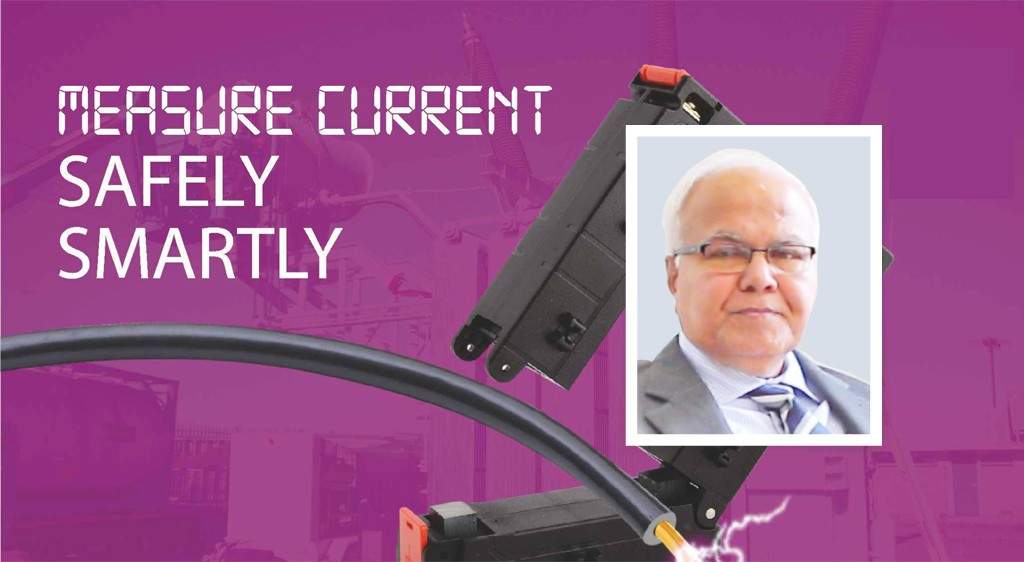India next big market after China: Rishabh Instruments
By EPR Magazine Editorial May 4, 2018 3:45 pm IST
By EPR Magazine Editorial May 4, 2018 3:45 pm IST

To be developed and competitive, the government along with the industry bodies need to create a proper ecosystem that will take the country to the next level.
Narendra Goliya, Managing Director, Rishabh Instruments
Being pioneer in the field of test and measurement segment, how do you see the recent smart trends impacting the Indian industry?
With advent of technologies like Artificial Intelligence, the test and measurement segment has been spreading at phenomenal pace. Instruments which could be afforded by a set of niche customers have become smarter, thus escalating the demand for the same. In future, there will be instruments which are smarter, taking away the cost and letting the customers to track the readings virtually on a smartphone or a computer. The readings can be exchanged directly to the Cloud storage. This will only help in reducing the cost to a great extent. The data will only be produced when the need arises. Today, all instruments communicate with each other efficiently due to innovative communication technology. So, the smart manufacturing trend is going to stay and will only develop further in the future.
The advancements in telecommunication mobility have transformed several sectors in the country. Do you think the communication technology will transform T&M sector too?
There are special instruments designed to carry out special task. With technological advancements, today we will have one general instrument that will first measure and then there will be separate set of products which will communicate the further process on the collected measurements in analytical as well as corrective measures. In case of measuring the harmonics, one can sample the wave form, it will measure the harmonics then certain instructional inputs are provided and it will give out the harmonic data. So, the process will just get simpler and cost-effective. This is futuristic technology which will gradually come into operation in next 5 years.
What are the steps taken by your company to bring futuristic technology into T&M sector?
What is your global business approach in terms of exports?What is your take on manufacturing activities in the country? Has “Make in India” started to deliver?
‘Make in India’ is a good concept, but nothing much has happened in this front. Today, we have competent resources in the form of manpower and infrastructure. The government spending on the infrastructure has definitely increased and it has helped the sector but it has to penetrate and show growth, which will be eventually witnessed in upcoming 2-3 years. The ease of doing business is definitely reflecting with reforms like Goods & Service Tax and other such adding to competitiveness. The image of India has grown phenomenally in the global market.
The government is promoting Indian at the global level. Has this branding helped Indian manufacturers to align their products in the global markets?
India’s reputation in the global market is improving. Today, our GDP is taking over that of China, and the global players are taking cognisance of it. After China, India is being seen as the next big market. This is helping the country to be viewed in a positive manner. Though, we are still equated with China, as our products do not get due respect. I feel, it deserves more respect as compared to Chinese products. There are few challenges that the government has to face; we have started becoming competitive due to government strategies which are reflected in its policies. Also, we have good human resource. To be developed and competitive, the government along with the industry bodies need to create a proper ecosystem that will take the country to the next level.
We use cookies to personalize your experience. By continuing to visit this website you agree to our Terms & Conditions, Privacy Policy and Cookie Policy.